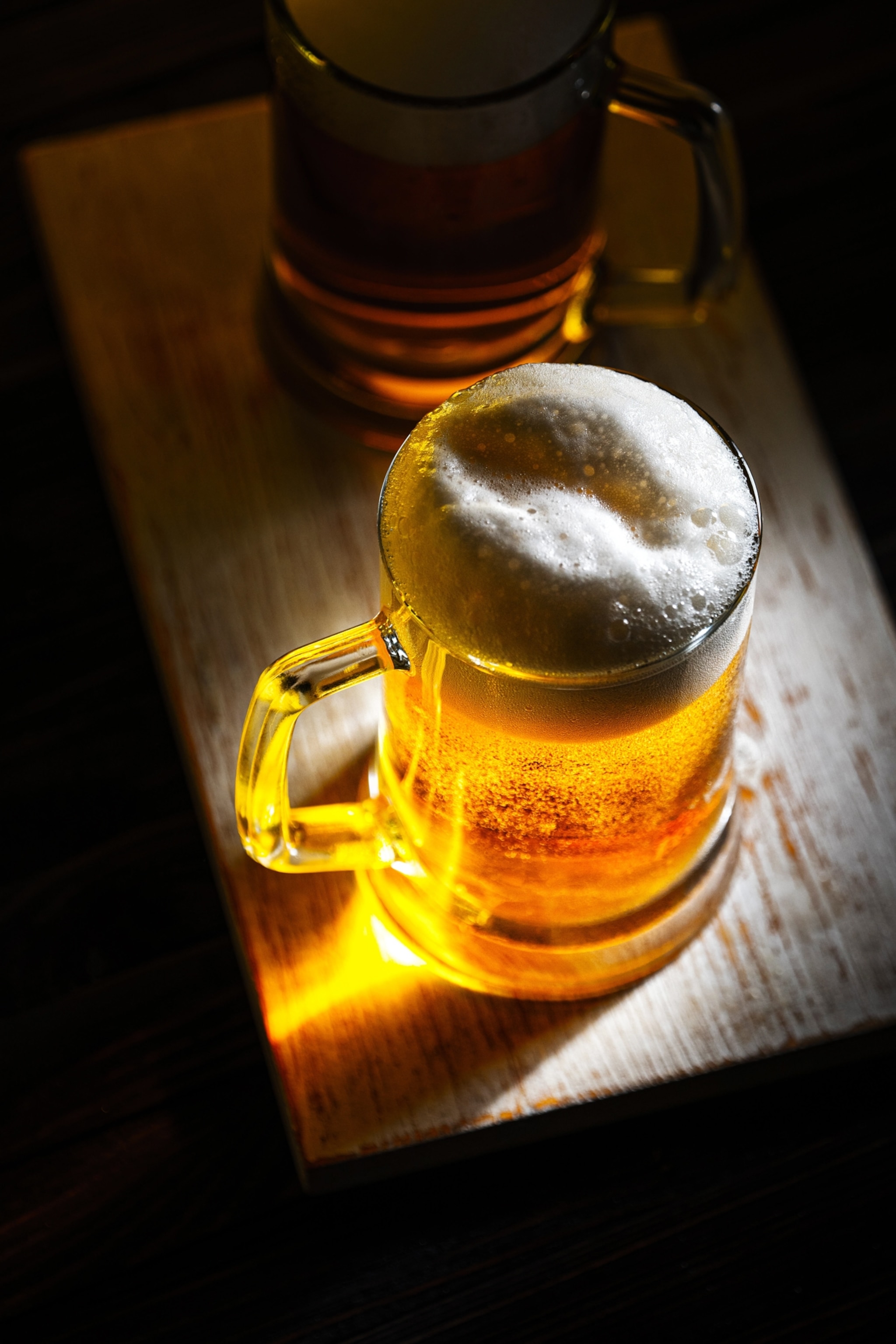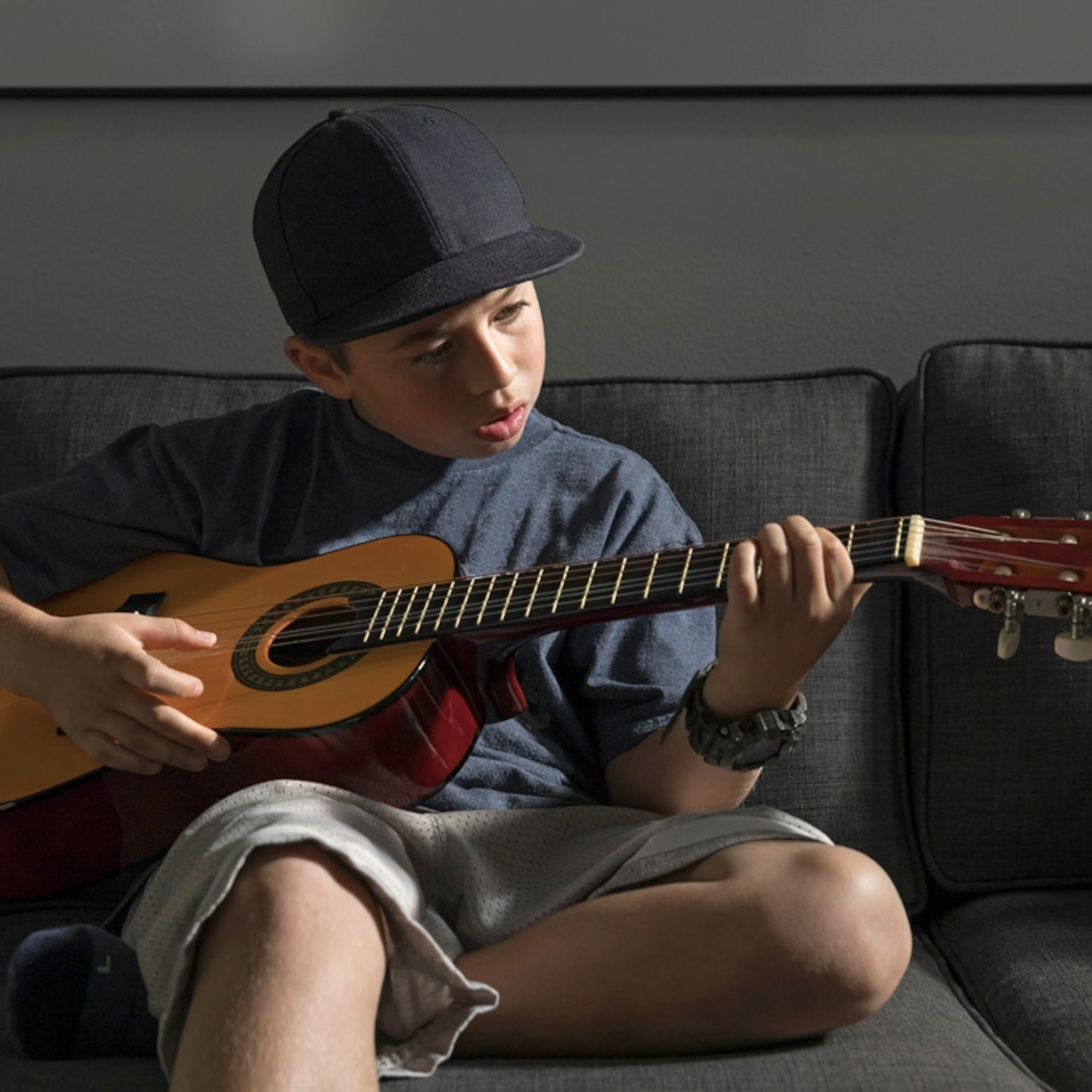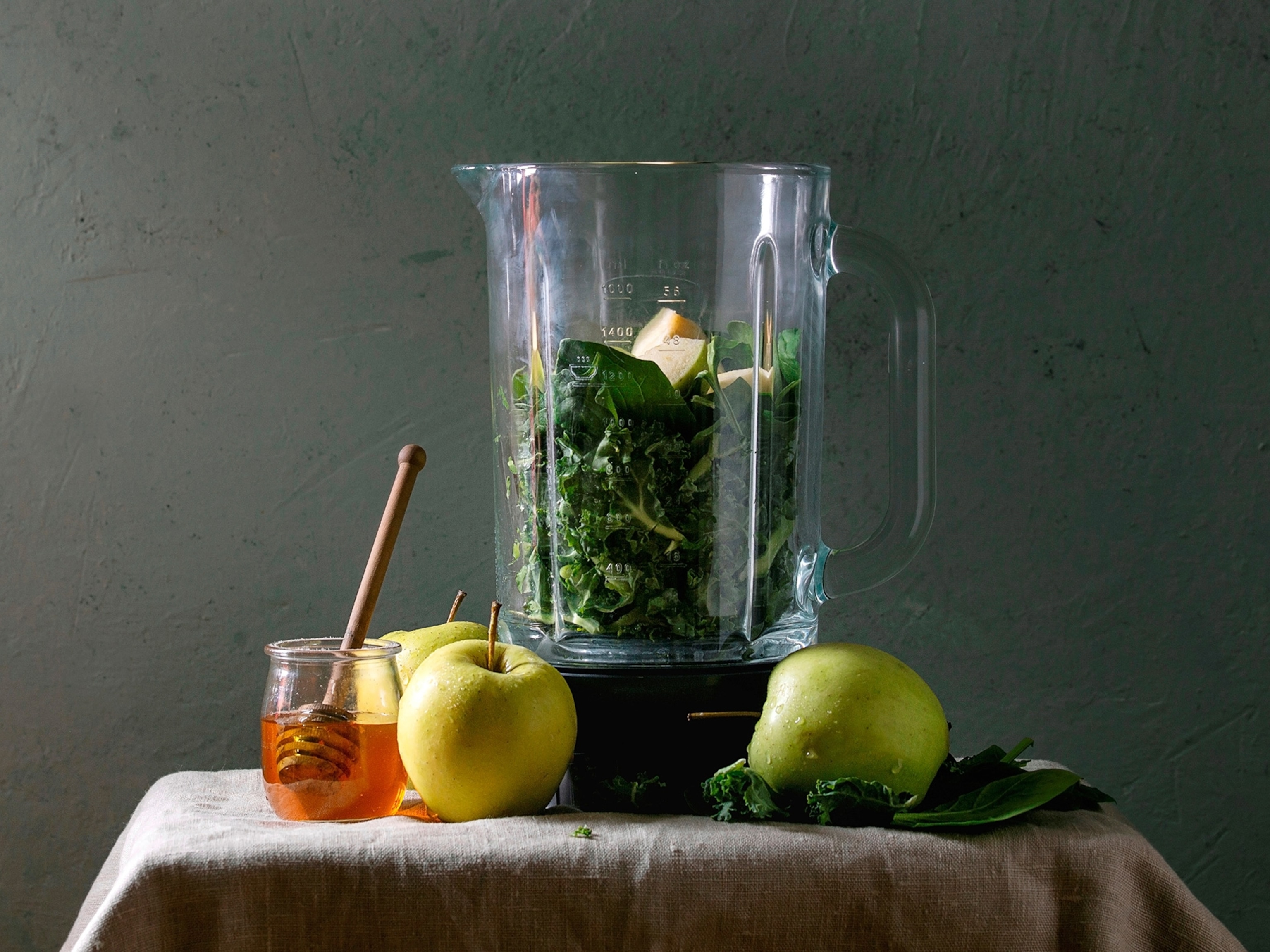Why it’s not a good idea to give your teenager that sip of beer
Studies show the conventional wisdom around teaching kids how to drink responsibly is wrong—and that delaying drinking is best for their brain development.

Parenting a teenager is a fraught experience. One of many challenges you face is instilling a healthy attitude toward alcohol.
Underage drinking is a major health concern worldwide. In the United States, alcohol is a factor in the deaths of 4,300 young people each year. Underage drinking can also lead to issues with alcohol abuse later in life. But there has long been confusion on the best way to teach teenagers how to be responsible with alcohol.
“There was this long history of people thinking that if you taught your kids how to drink, then they wouldn’t have problems with drinking,” says Lindsay Squeglia, a researcher at Medical University of South Carolina, in Charleston, South Carolina. “Research over the past couple of decades has really shown that is not true.”
(8 things we've learned about how alcohol harms the body.)
Instead, as research is showing, parents can have a major influence on their teenager’s relationship with alcohol, especially if they model responsible drinking behaviors and establish firm boundaries.
“Parents have a very, very big influence on children’s attitudes” toward alcohol, says Amelia Arria, a researcher at the University of Maryland School of Public Health, in College Park, Maryland. “Your voice really does matter.”
Parenting style makes a difference
As a number of studies show, teenagers whose parents allow them to drink end up drinking more often, and more heavily, than their peers whose parents don’t allow it. This includes drinking at home, where they are being monitored by their parents, as well as drinking outside the home without adults present.
“When parents allow their kids to drink, their kids end up drinking in all kinds of contexts more heavily,” says Rutger Engels, a researcher at Erasmus University Rotterdam, in Rotterdam, Netherlands. “It’s related to norm setting.”
Just as many parents wouldn’t let their teen drive until they receive their learner’s permit, telling teenagers to wait until a certain age to drink has the effect of establishing the norm that alcohol is an activity for adults—one that comes with certain boundaries and rules.
(How does your parenting style affect your kid? Here's what experts say.)
It’s also not a cultural difference, as these studies were conducted in a number of countries, including Europe, Australia, and the United States, and all showed similar results. Countries where it’s historically been acceptable for parents to give their children alcohol, such as European countries, have also seen higher rates of heavy underage drinking, including binge drinking.
Your own drinking habits can also increase the risk of your teenager drinking. “If you are drinking in front of your child, and they see this as a normative thing […] that also sends a message to them that this behavior is okay,” says Bill Burk, a researcher at Radboud University, in Nijmegen, Netherlands.
You may not be able to keep your child from drinking forever, but studies show there are real benefits to holding them off for as long as you can.
Why it’s so important to delay drinking
One of the major reasons for delaying drinking is the fact that a teenager’s brain is still developing. Up until about age 25, the brain is still fine-tuning areas such as the frontal cortex, which is responsible for executive functioning. Often described as the “management system of the brain,” executive functioning is what allows people to plan, prioritize, and execute tasks. This includes skills such as impulse control, long-term planning, and prioritizing.
For teenagers who start drinking early, the combination of alcohol and their still-developing executive functioning skills can be especially problematic.
“When the brain is exposed to the ongoing presence of a substance, especially something like alcohol, that is going to affect a variety of areas in the brain,” says Michael Weaver, the medical director of the Center for Neurobehavioral Research on Addiction at UTHealth Houston, in Houston, Texas. “Those processes start to break down, and they become more focused on alcohol as the answer to life’s problems.”
("Brain food" is real. Here's what to eat to keep it healthy and strong.)
Alcohol can also cause short-term impairments to a teenager’s executive functioning. As Weaver notes, this leads to an inability to “put the brakes on” activities that are fun but can lead to pretty serious consequences, like drinking. It can also keep them from prioritizing things like homework, which isn’t so fun but is good for you in the long run. “You lose the benefit of problem-solving, thinking about the consequences, and the alternatives that lead to maturity,” Weaver says.
Alcohol can become a crutch for social situations—a particular challenge in adolescence, when teenagers start to form meaningful social relationships outside of their immediate family circle. Teenagers who start drinking at an early age risk depending on alcohol for navigating social situations for the rest of their lives. “Substance use has a way of getting in the way” of developing these social skills, Arria says.
Delaying alcohol use also lowers risk of substance abuse
When it comes to teenage drinking, research shows that the longer a teenager waits to have their first drink, the lower their risk will be for developing issues with alcohol later in life.
“Every year a kid delays using alcohol, it reduces the likelihood of them having problems in their lifetime by 14 percent,” Squeglia says. “Our main message is delay, delay, delay.”
This is also true for teenagers with a family history of alcohol dependence, who are at a higher risk for developing issues with alcohol. As research shows, waiting to start drinking can have an even greater impact on them.
“If a kid starts using at 13, and they have a genetic predisposition, they’re way more likely to have problems later on,” says Squeglia. However, if these teenagers wait until ages 18 to 21 to start drinking, their risk for developing issues with alcohol decreases to a point where it is no different than their peers who don’t have a family history of alcohol use disorder.
How to lower your child’s chances of drinking
In addition to watching your own drinking habits and setting boundaries for your kids, experts say the key factors include parental involvement and support; the quality of your relationship with your child; and parental monitoring.
“The more parents know and monitor their children, the less likely they are to actually perform the risky behaviors, such as alcohol use,” Burk says. “They can kind of nip things in the bud, and address issues that come up.”
By staying engaged with your teenager and staying up-to-date with their lives, experts say that you can help prevent bigger problems down the road—which may include helping them navigate a safe relationship with alcohol.








